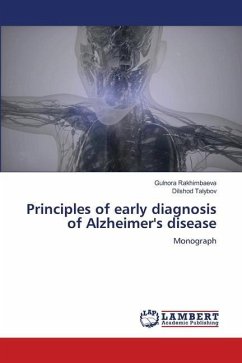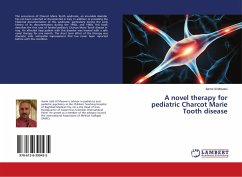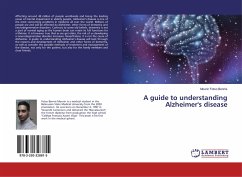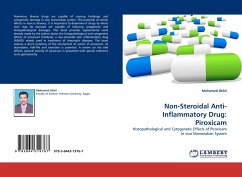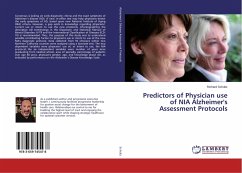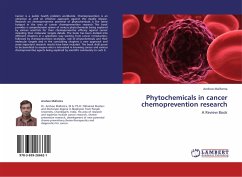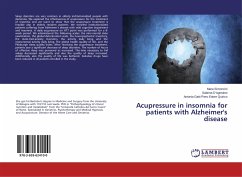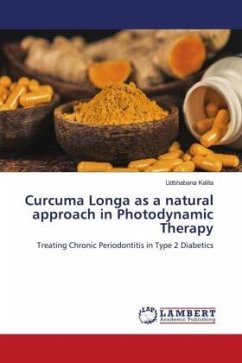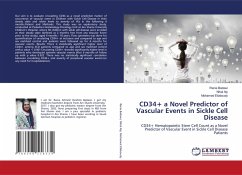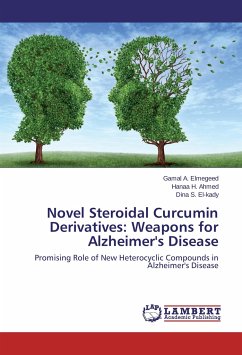
Novel Steroidal Curcumin Derivatives: Weapons for Alzheimer's Disease
Promising Role of New Heterocyclic Compounds in Alzheimer's Disease
Versandkostenfrei!
Versandfertig in 6-10 Tagen
46,99 €
inkl. MwSt.

PAYBACK Punkte
23 °P sammeln!
Alzheimer's disease (AD) is the most common cause of dementia in the elderly and is characterized by a progressive memory decline, impairments in language and visual spatial skills, impairments in behavior, resulting in a loss of independence, reduction of quality of life, and ultimately death. In the present study, we have described a facile synthesis of novel promising anti-Alzheimer's disease steroidal curcumin derivatives and investigated the importance of incorporating heterocylic moiety to the curcumin nucleus to form new effective hybrid molecules All the tested compounds have been show...
Alzheimer's disease (AD) is the most common cause of dementia in the elderly and is characterized by a progressive memory decline, impairments in language and visual spatial skills, impairments in behavior, resulting in a loss of independence, reduction of quality of life, and ultimately death. In the present study, we have described a facile synthesis of novel promising anti-Alzheimer's disease steroidal curcumin derivatives and investigated the importance of incorporating heterocylic moiety to the curcumin nucleus to form new effective hybrid molecules All the tested compounds have been shown to possess anti-Alzheimer's disease properties in AD model by enhancing Ach synthesis, GSH, paraoxenase and BCL2 levels while decreasing brain AchE activity, 8-OHG, Caspase-3 and P 53 levels. Finally, the anti-Alzheimer's activity displayed by these compounds may be of interest for further derivatization, further studies in the hope of finding more active and selective anti-Alzheimer's agents.



